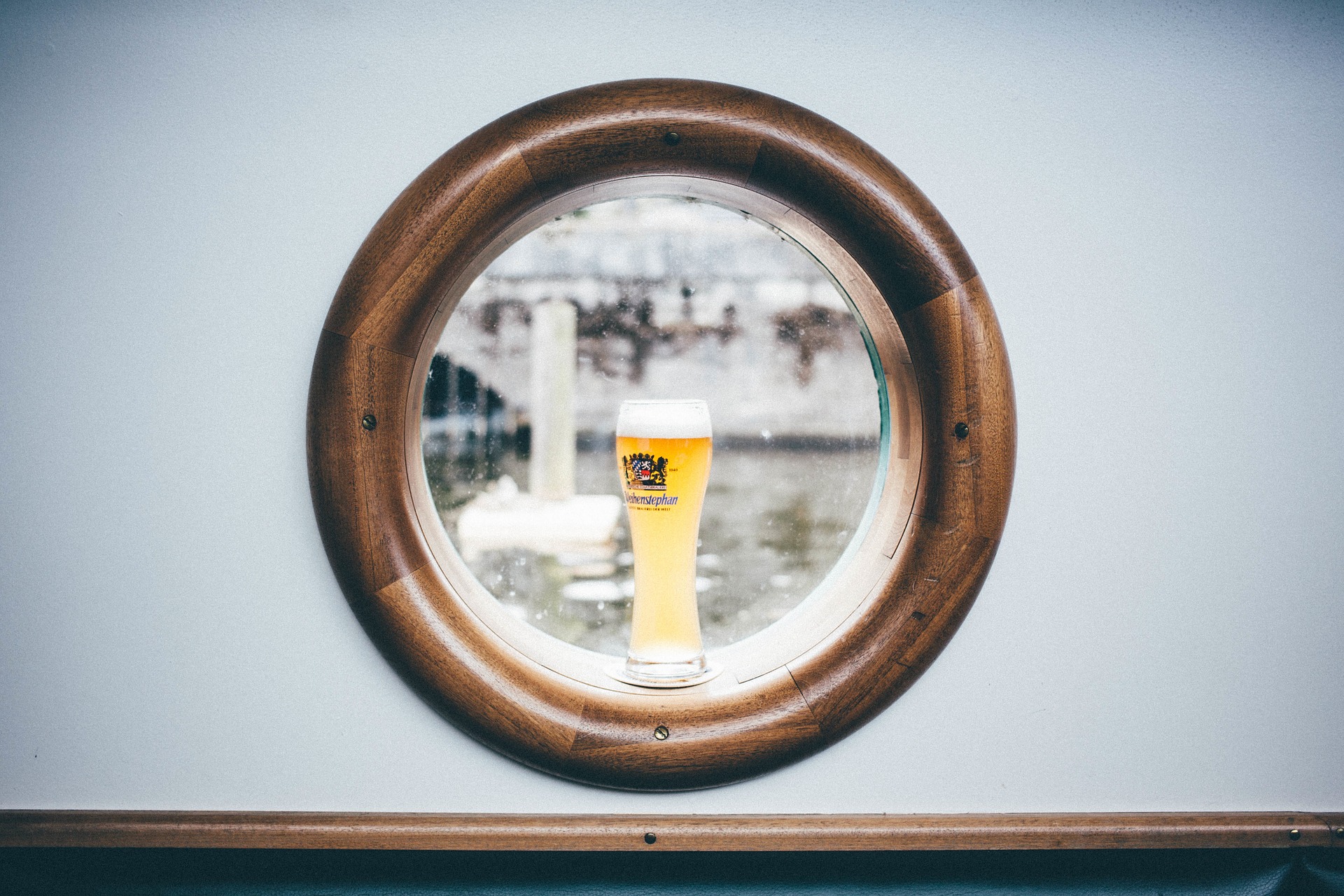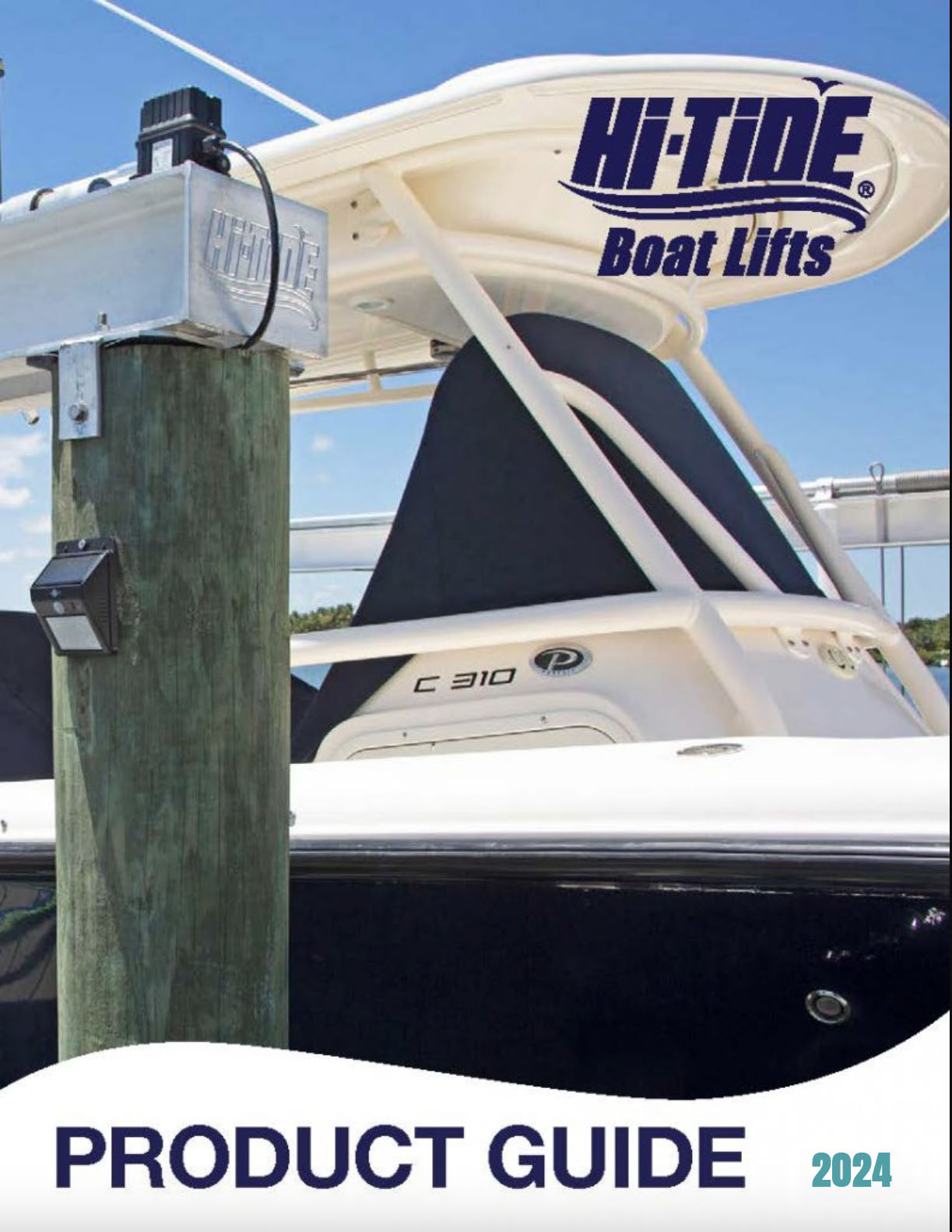Boating and a good time go together like spaghetti and meatballs, peanut butter and jelly and, well, boats and water. However, a good time can go bad fast when you add booze to your boating fun. Now, we’re no prudes, but boating under the influence (BUI) is a seriously dangerous practice when enjoying your time on the water.
Though we’ve written on the danger of drinking and boating in the past, one fact is often overlooked on the subject of BUI: alcohol is just one of many dangerous drugs that could affect your ability to operate your vessel. Let’s reveal the risks of BUI and some of the lesser-considered intoxicants that can spell big trouble for your next trip.
BUI Laws and Facts
- Laws May Vary: Specifics of BUI law may differ by state, so it’d be wise to review your state’s specific laws before hitting the water. A safe bet? The vast majority of states base their BUI laws around the operator’s blood alcohol content, which is often over the limit at .08 percent and above. All states do have some form of BUI laws in place, however.
- Drugs and Boating Do Not Mix: Operating a boat is no simple task. From the multitude of unknowns you’re constantly dealing with, such as weather and fellow boaters, to safely navigating even well-known waters, you need your wits about you. Alcohol and other drugs can affect your vision, reaction time and judgement, leading to possible accidents that would have been fully preventable.
- More Than Just Booze: Yes, alcohol is a drug (and a quite popular one at that). However, the list of intoxicants does not end at a couple cans of beer or your favorite cocktail. Of course, recreational drugs also bring risks of their own–something especially important to remember with the growing push to legalize marijuana. Remember, just because it may be legal to consume, does not mean that it will not impair your ability to operate your vessel. This includes prescription medication. Yes, even if you are prescribed a drug, if it indicates that it could affect your ability to operate a vehicle, you should think twice before hitting the water.
- Not Worth the Risks: If caught boating under the influence, you could face everything from fines all the way up to jail time in the most serious of cases. Even if not caught by authorities, understand that BUI puts yourself, your vessel, your passengers and anyone sharing the water with you at risk. Plain and simply, it’s not worth it.
Though laws may vary, it’s safe to say that BUI is never acceptable, regardless of specific regulations. Whether overindulging in drinks or recreational drugs, or even taking prescribed medication, if you are inebriated, you cannot be as safe a boater as you should be when so much can go so wrong. So, be safe, boat safe, and maybe wait until you’re back on shore before you toss a couple back. We’ll see you on the water.

Would you take a few shots, knock back some beers or sip on a slew of cocktails before getting behind the wheel of your car? Well, what makes driving under the influence any different than boating under the influence? Some make the mistake of thinking that BUI is somehow safer than DUI because there are fewer boats on most waterways than there are cars on the road. But the statistics don’t lie; according to the American Boating Association, the leading contributor to fatal boating accidents is alcohol.
That being said, some still decide to recklessly operate their boat inebriated. For those people, there are laws in place to add a little incentive to do the right thing.
Quick Facts About Florida’s Boating Under the Influence Law
- Drinking and boating is not illegal unless the boat’s operator is above the legal BAC limit of .08 for those 21 years of age and older, or if the officer believes the operator is considerably impaired.
- An officer is allowed to stop a boat if they catch the operator speeding or operating recklessly.
- Boating while intoxicated by recreational drugs other than alcohol is also considered boating under the influence.
- Certain prescription medications that can hinder judgment or reaction times can lead to reckless boat operation and persecution under the boating under the influence law.
- The US Coast Guard has the right to arrest those found boating under the influence off of Florida’s shoreline.
- All boats, from canoes to superyachts, fall under Florida’s boating under the influence law.
Consequences for Boating Under the Influence
- First conviction: $250-$500 and up to six months of jail time
- Second conviction: $500-$1,000 and up to nine months of jail time
- Third conviction: $1,000-$2,500 and up to 12 months of jail time
Understand that fines and jail (or even prison time) only become more serious when arrests occur within 10 years of a prior boating under the influence arrest, or when an accident damages property or people.
Last year saw 701 deadly boating accidents. This is a lifestyle we love, but boating safety must be respected and followed in order to keep you, your family and all others who enjoy boating having fun while on the water. Though it may be tempting to indulge while taking the boat out, it is never worth risking your life and the lives of others.
Have fun, be safe and we’ll see you on the water this summer.

Many take New Year’s Eve to toast the new year optimistically, popping champagne and celebrating with good friends and loved ones. If you own a boat, it’s a great excuse to get on the water and enjoy some nearby fireworks as you welcome midnight with friends, music and fun. However, many are tempted to add alcohol to the mix while operating their boat, leading to dangerous and potentially deadly results.
Let’s run down a few key facts before you decide to boat under the influence this New Year’s Eve:
- Drinking and boating is just as dangerous as drinking and driving, increasing boating fatalities by nearly 34%.
- Penalties for being caught drinking and boating include extensive fines, suspension or forfeiture of boating license and prison time if an alcohol-related fatality occurs.
- It is illegal to operate a boat with a blood alcohol concentration of .08 or higher.
- It is illegal for a minor to have a blood alcohol concentration of .o2 or higher while on your vessel.
- Physical or chemical tests may be used to determine your blood alcohol concentration if you are suspected of drinking and boating.
- It is also illegal to boat while impaired by other illicit drugs.
Though it may seem like a great opportunity to pop some bubbly or crack open a few cans with your best buds, it’s smart to assign a designated boat operator for the night or just enjoy a drink once safely back on shore. Beyond just a smart choice, remember that it’s also the law. Drinking and boating presents dangerous and unnecessary risks that could lead to you spending cash on tickets or time behind bars in 2016. Do we have to remind you that there’s no boating in jail? Didn’t think so.
That being said, we sincerely hope you welcome 2016 the right way: enjoying Florida’s beautiful waterways responsibly. Cheers!

“Boating is too expensive.” “Boating is too hard.” “I caught an 8-foot marlin off the coast of Panama in the early 1980’s.” Boating culture is full of tall tales. Unfortunately some of these myths enter the echochamber with ill intent, keeping people that would otherwise love their time on the water landlocked in fear and doubt based on exaggerations or lies. Check out our hand-selected list of some big myths that surround boat ownership, as well as an important reminder for those already on the water.
Boat Ownership Myths
- Pay to Play: Is buying a boat the surefire way to end up in debt that many (often non-boaters) claim it to be? We certainly hope not, but let’s break down some facts. Boats do require an investment of time and money, due to upkeep costs, insurance, gas and more. However, if you place the costs of boat ownership in comparison to other leisure activities such as a season of skiing or golfing with your family, the cost is actually smaller than you’d think. With many boat dealers offering helpful financing options, there may be less between you and the boat of your dreams than you’d think.
- Boating for Dummies: Isn’t boating extremely difficult and complicated to do without years of experience? Well, like most skills, it’s often easier the more often you do it. This is where the widely available safety and boating basics courses can make a big difference in your confidence and competence when setting off on your first boat trip.
- DUI Still Applies: Drinking and boating isn’t nearly as dangerous as drinking and driving, right? Wrong. According to Boat U.S. Foundation, nearly half of all boating accidents involve alcohol. As mentioned above, driving a boat is skill-based activity. If your skills are hindered due to inebriation, you cannot captain your boat as safely or efficiently as you could sober. Florida law doesn’t mince words: boating with a blood-alcohol level of .08 or higher is illegal.
The bottom line is, we love boating and would love nothing more than to share that passion with others interested in jumping into this wonderful hobby and lifestyle. Do your research, learn the hard facts and, hopefully, we’ll see you on the water soon!




